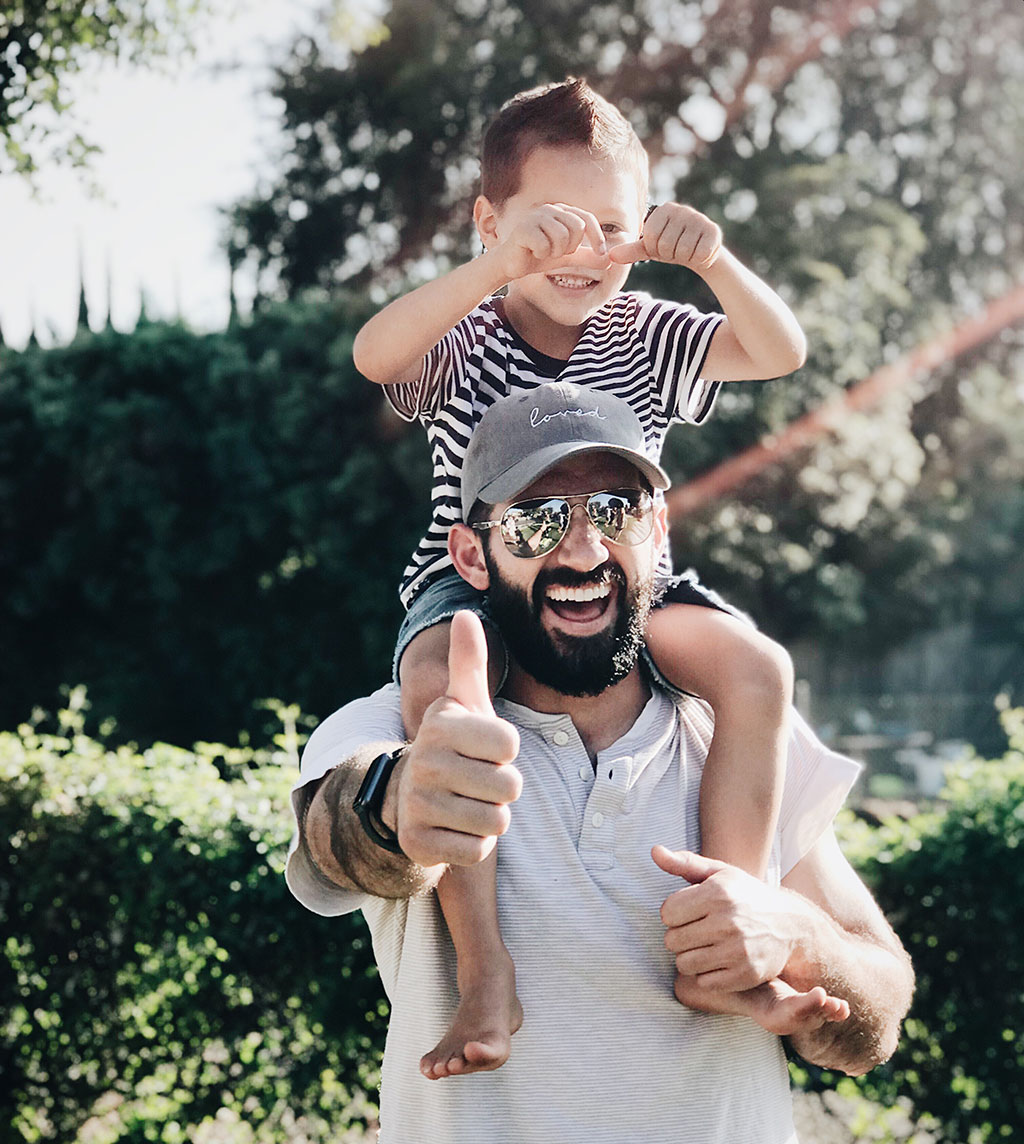Fostering friendship with young people in care
This Sunday is International Day of Friendship. In 2011, the United Nations General Assembly proclaimed 30 July as a day for friendship between individuals, groups, countries and cultures. International Day of Friendship promotes solidarity, mutual understanding and reconciliation within communities, globally.
Why is friendship important?
No matter what age you are, it’s important to have friends. Friendships are good for people’s social, mental and physical wellbeing. They can enhance the emotional resilience of individuals, improve people's brainpower and cognitive skills and reduce your risk of developing health problems. Friendships also provide people with emotional support and reduce feelings of stress and loneliness.
Friendships and children
Friendships are essential for childhood development. They can help improve children’s self-esteem, advance their social skills and create a sense of belonging.
It's not uncommon for children and young people in care to struggle with forming relationships with their peers. Some young people in care have experienced some kind of trauma and instability, which can make it difficult for them to trust others.
Foster and kinship carers can play an important role with helping young people to establish friendships and develop social skills. If you’re a carer and want to help a young person to establish positive friendships, here are a few ways that you can help them.
Encourage them to participate in group activities
Supporting their interests allows young people to learn to engage with their peers and build friendships built on shared interests. Encouraging young people to participate in extracurricular activities that align to their interests and promote their wellbeing, such as Scouts, sport, or art classes, are a great way to foster these connections.
Encourage them to talk to other children
It’s not uncommon for young people in care to demonstrate signs of reservation. If you’re caring for someone who is anxious or shy around other kids, let them know that it’s normal to feel nervous. Introduce them to the basics of small talk. Bit-by-bit this will help increase their confidence when talking to others.
Organise a playdate
Another great tip for fostering friendships with young people in your care is to organise playdates. For anxious children, it’s generally recommended to invite one child at a time, until they’re more confident to play in larger group settings.
When your foster child is playing with another child, you should always supervise but make sure not to interfere.
Model friendly behaviour
Young people observe the actions and behaviours of adults. You can demonstrate this by greeting others in a friendly and conversational manner.
More resources for foster carers
For more information on how to best support children and young people in care, check out some of free resources we have available, here.
Foster Care Information Kit

